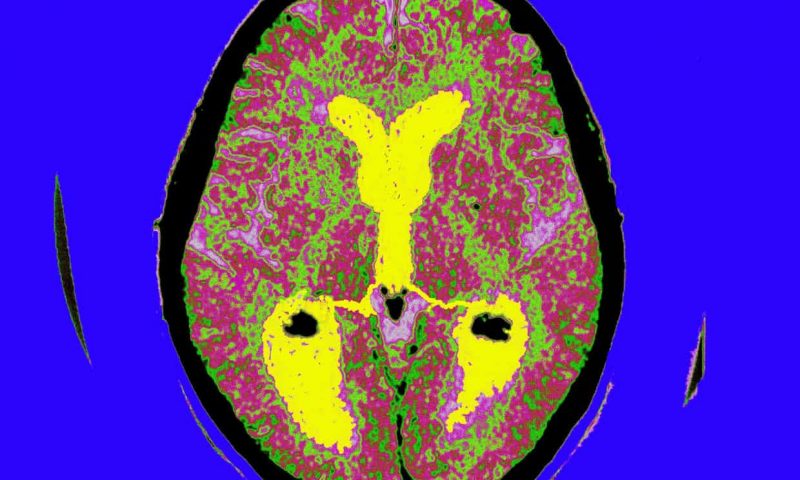
(Hannah Devlin/ The Guardian) — The presence of viruses in the brain has been linked to Alzheimer’s disease in research that challenges conventional theories about the onset of dementia.
The results, based on tests of brain tissue from nearly 1,000 people, found that two strains of herpes virus were far more abundant in the brains of those with early-stage Alzheimer’s than in healthy controls. However, scientists are divided on whether viruses are likely to be an active trigger, or whether the brains of people already on the path towards Alzheimer’s are simply more vulnerable to infection.
“The viral genomes were detectable in about 30% of Alzheimer’s brains and virtually undetectable in the control group,” said Sam Gandy, professor of neurology at the Icahn School of Medicine at Mount Sinai, New York and a co-author of the study.
The study also suggested that the presence of the herpes viruses in the brain could influence or control the activity of various genes linked to an increased risk of Alzheimer’s.
The scientists did not set out to look for a link between viruses and dementia. Instead they were hoping to pinpoint genes that were unusually active in the brains of people with the earliest stage of Alzheimer’s. But when they studied brain tissue, comparing people with early-stage Alzheimer’s and healthy controls, the most striking differences in gene activity were not found in human genes, but in genes belonging to two herpes virus strains, HHV6A and HHV7. And the abundance of the viruses correlated with clinical dementia scores of the donors. (…)